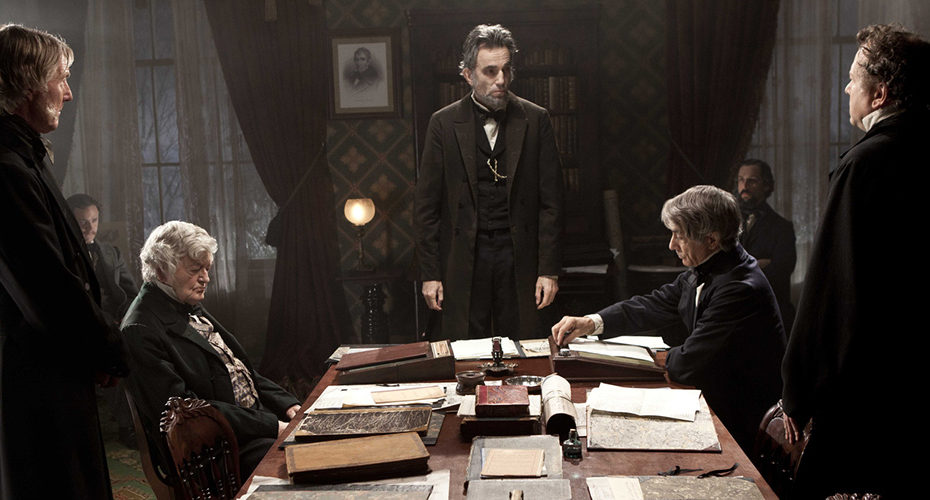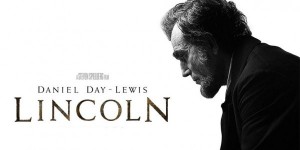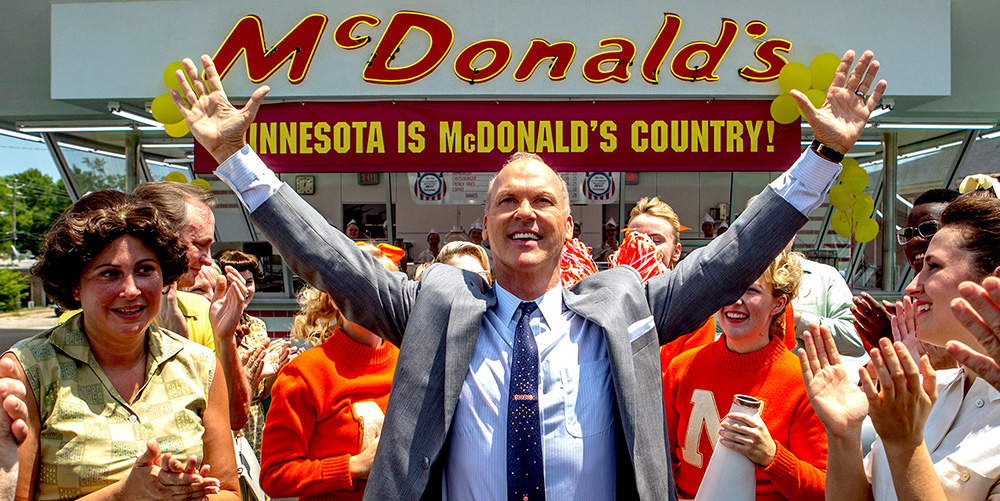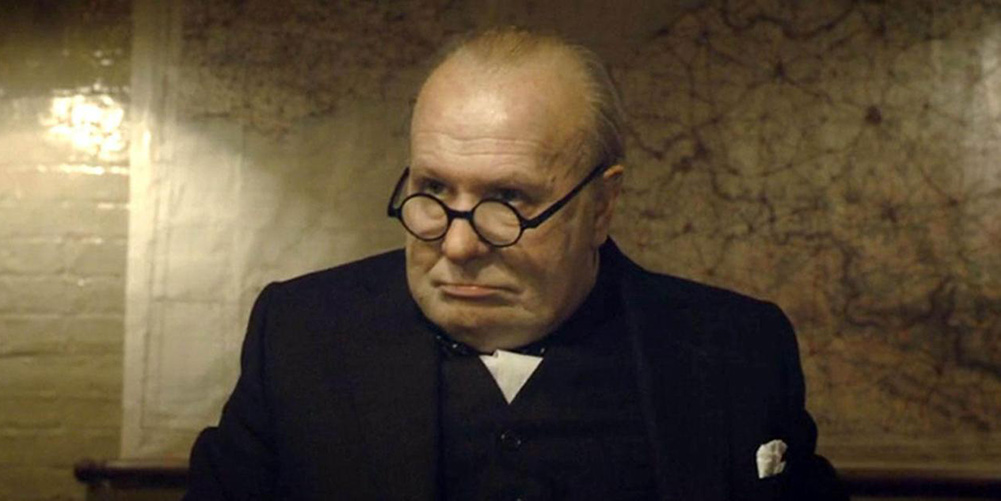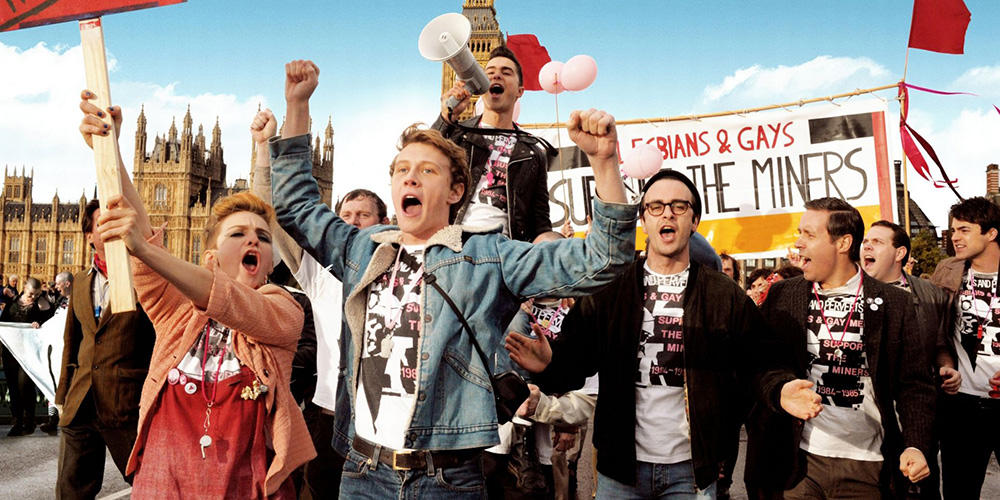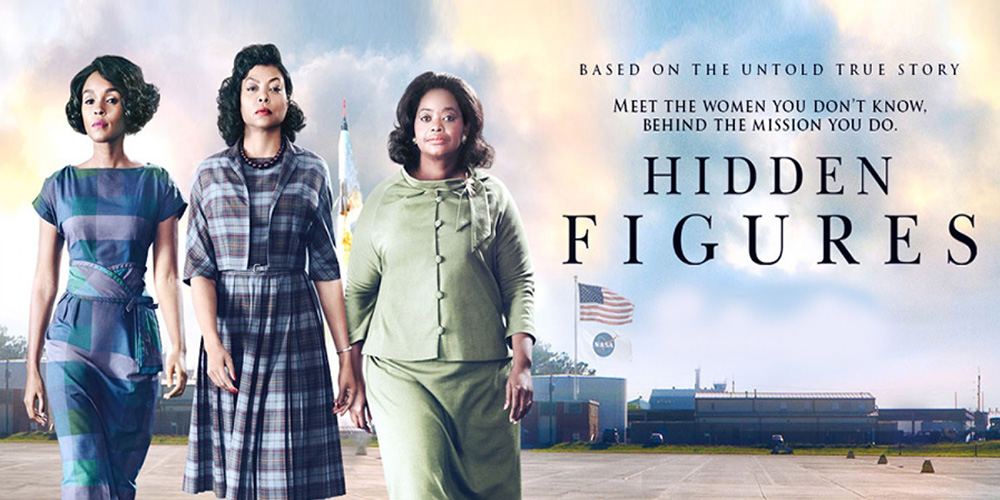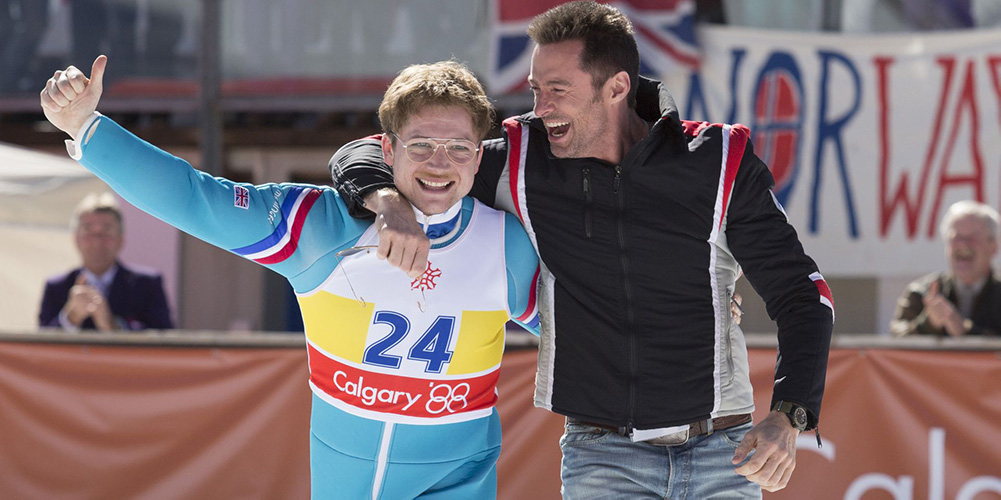With the release of Steven Spielberg’s Lincoln, interest in the famous American President has never been higher. In Lead like Lincoln, I highlighted five key leadership lessons I personally took from the movie. Many other writers have identified additional lessons, both from the movie and the man himself.
Mark Crowley’s insightful article on Fast Company draws heavily on Doris Kearns Goodwin’s Lincoln biography, Team of Rivals. Among the key leadership lessons he identifies from Lincoln’s leadership are:
- his commitment to lifelong learning
- an indomitable sense of purpose
- extraordinary empathy: Lincoln was a great role model for the late Stephen Covey’s principle ‘seek first to understand, then be understood’
- his willingness to build bridges with enemies, by famously creating a Cabinet ‘team of rivals’, men with significantly different views to his.
I also love Lincoln’s seldom repeated quote that Mark uses to close his article:
“In order to win a man to your cause, you must first reach his heart, the great high road to his reason.”
Abraham Lincoln
In his feature on TLNT.com, Mark Toth points out Lincoln’s great humility and his willingness to put the good of his country above any personal interests.
Lincoln was renowned as a great communicator, and Mark highlights the astonishing brevity of Lincoln’s two minute Gettysburg address as evidence of this. It’s also a point brought out strongly in the movie’s introductory sequence, where Lincoln talks to a black union soldier who is able to recite the iconic address in its entirety.
I’ve often talked about strengths-based leadership on this site, and the Drucker Institute believes Lincoln may have had a similar approach. One example that management guru Peter Drucker liked to cite was Lincoln’s management of General Ulysses S. Grant, who was winning victories on the battlefield despite an apparent drinking problem. “If I knew his brand,” Lincoln responded, “I’d send a barrel or so to some other generals.” In other words, everyone has weaknesses. Great leaders build on their strengths.
In her article on entrepreneur.com, Stephanie Vozzai also highlights the value to Lincoln of recruiting a team of rivals who were unafraid to challenge him and assert their opposition. Such strong views provoked thoughtful debate as well as inner reflection. But Lincoln was never afraid to be decisive when the debate had taken place.
In Lead like Lincoln we saw how the President used his values to guide his decisions – specifically, a value derived from the mathematical principle: ‘Things which are equal to the same thing are equal to each other.’ Stephanie also highlights this as an example of Lincoln’s tendency to look for inspiration in unlikely places.
On Inc.com, Hitendra Wadhwa points out how, over time, Lincoln developed his mastery of language to serve not just his own interests but those of the American people. He also points out how Lincoln’s intense focus on gradually sculpting and developing his own character became key to his progress.
On theintrovertedleaderblog.com, Jennifer Kahnweiler celebrates Lincoln’s ‘geekiness’: namely, his introvert’s tendency to immerse himself totally in order to gain a deep knowledge of a subject.
On leadershipnow.com, Michael McKinney has a series of interesting ‘Lincoln’s lessons’. One of those lessons is Lincoln’s ability to endure criticism, of which he received plenty. While he usually ignored criticism, when he did feel it important to respond, he did so with grace and humour.
For a more historical perspective, try Nancy Koehn’s enlightening New York Times feature which focuses on Lincoln’s presidency before the events covered by the movie.
In particular, Nancy points out Lincoln’s ability to shift views according to changing circumstances, as Lincoln himself did over time in his attitude to slavery.
And finally, she highlights his ability to experience negative emotions, yet restrain his anger or frustration with others who have displeased him.
It’s an ability that, in our modern world of instant communications, is probably even more relevant today.
